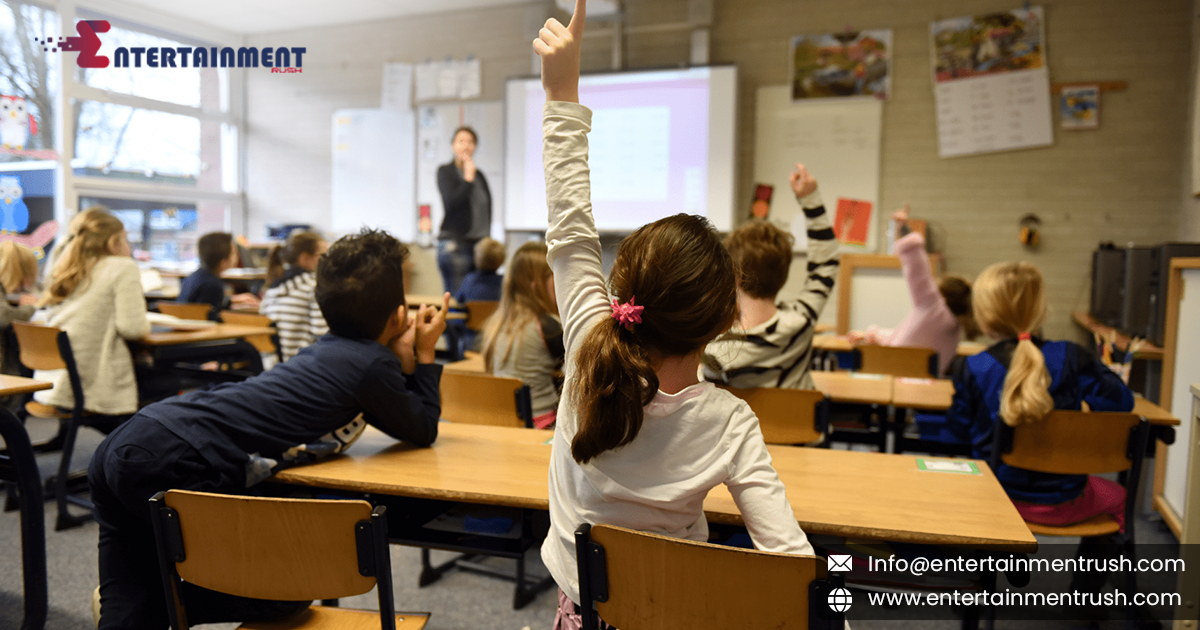In the dynamic landscape of secondary education in the United States, students face a myriad of academic challenges as they navigate through their coursework. To excel in their studies and unlock their full potential, secondary students can benefit significantly from adopting effective cognitive strategies that enhance their learning process. By understanding and applying these strategies, students can improve their retention, comprehension, and problem-solving skills, ultimately leading to greater academic success and personal growth.
Embracing Active Learning Techniques
Active learning techniques are key to unlocking learning potential in secondary education. Rather than passively absorbing information, students actively engage with course material through methods such as group discussions, problem-solving exercises, and hands-on activities. By actively participating in their learning process, students deepen their understanding of concepts, make meaningful connections between ideas, and develop critical thinking skills that are essential for academic success and lifelong learning.
Harnessing the Power of Metacognition
Metacognition, or the ability to monitor and regulate one’s own learning process, is another crucial cognitive strategy for secondary students. By reflecting on their learning goals, assessing their progress, and identifying areas for improvement, students can become more effective learners. Techniques such as setting goals, using self-assessment tools, and employing memory strategies like mnemonics and visualization can help students enhance their metacognitive skills and take control of their learning journey.
Employing Retrieval Practice and Spaced Repetition
Retrieval practice and spaced repetition are evidence-based cognitive strategies that promote long-term retention of information. Instead of simply rereading or highlighting texts, students actively retrieve information from memory through methods such as self-quizzing, flashcards, and summarization. By spacing out study sessions over time and revisiting material at regular intervals, students reinforce their learning and solidify their understanding of key concepts, leading to more effective retention and application of knowledge.
Cultivating Critical Thinking and Problem-Solving Skills
Critical thinking and problem-solving skills are essential competencies that enable students to analyze information, evaluate evidence, and draw logical conclusions. In secondary education, students can enhance these skills by engaging in activities that require them to think critically and solve complex problems across various subject areas. Classroom discussions, debates, case studies, and project-based learning assignments provide opportunities for students to apply critical thinking skills in real-world contexts, fostering creativity, innovation, and intellectual curiosity.
Embracing Technology as a Learning Tool
In today’s digital age, technology plays a vital role in secondary education, offering students access to a wealth of resources and tools that enhance their learning experience. Educational software, online platforms, and digital libraries provide students with opportunities to explore topics in depth, collaborate with peers, and access multimedia resources that cater to diverse learning styles. By embracing technology as a learning tool, students can engage with course material in interactive and innovative ways, expanding their knowledge and skills beyond the confines of the traditional classroom.
Empowering Students Through Cognitive Strategies
Unlocking learning in secondary education requires a multifaceted approach that empowers students to become active, self-directed learners. By embracing active learning techniques, harnessing metacognitive skills, employing retrieval practice and spaced repetition, cultivating critical thinking and problem-solving abilities, and leveraging technology as a learning tool, students can maximize their learning potential and achieve academic success. Through intentional instruction and support, educators can empower students to develop the cognitive strategies they need to thrive in school and beyond, equipping them with the skills and mindset necessary for lifelong learning and success in the ever-evolving landscape of the 21st century.
